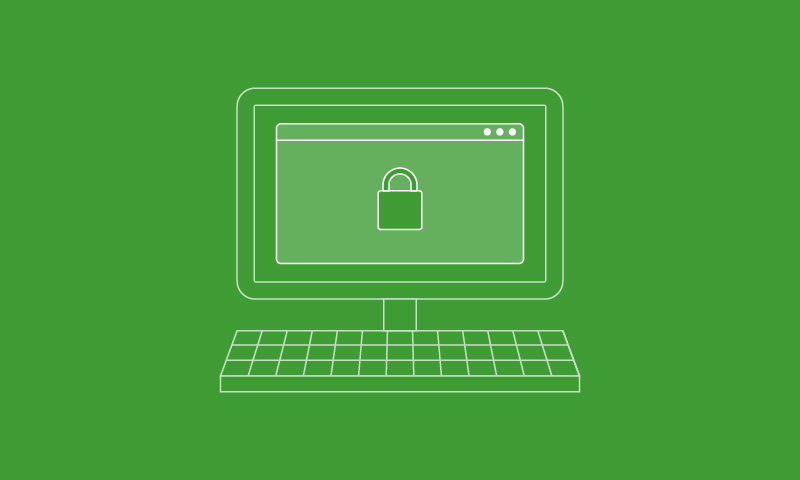31 July 2020
Payroll forms just one of many key responsibilities and focuses that employers must maintain. All businesses who employ staff know that payroll is a must, but thoughts on how to go about paying those staff can vary greatly. Some feel that an in-house team can manage the complexities, while others look for external support to complete the process. It’s sometimes easy for the importance of payroll to be lost amongst many other extremely critical tasks. However, during the current climate we find ourselves living and working in, now may be a great time for a review on how that payroll is managed.
Whilst for some businesses an in-house solution is the most suitable option for them, there does seem to be a new trend that's developed since the pandemic. More and more employers have found areas where they have risk and have begun to look at the switch to outsourcing the payroll function. Here are some key areas where outsourcing your payroll can be beneficial.
- Responsibility - Having an internal payroll team requires high levels of expertise and knowledge within the team. They need to keep on top of changing legislation and ensure that the business is compliant in line with it. This in turn requires regular training and research to be done, meaning the business is open to risk if anything is missed. Outsourcing payroll means that the provider becomes the expert and can provide guidance and updates when required. The responsibility is no longer solely on the internal team.
- Cost - Although in-house may seem a more cost-effective option it can often work out more expensive. In order to have the in-house knowledge the team will need to be a more qualified and senior, which usually means more expensive resources. As well as this, the software itself and support from external sources if there is an issue can all add up to a similar price that can be paid to an outsourced payroll provider.
- Disaster recovery - Many employers have a strong in-house payroll manager or administrators however, the team that support them may be limited in their payroll knowledge. Without the key source members of the team, a business can find themselves very exposed. This means that when people take holiday, fall sick or leave the company all together a gap can be left that’s a large risk to the business. The current Covid-19 pandemic has created this problem for many employers when key team members have been unable to work and payroll has been at risk of error or in some cases not running at all.
- Support - As mentioned there will always be changes in legislation or times where important tasks must be carried out correctly. This can be a strain on an in-house team as they alone must get everything completed correctly. Having an outsourced solution means a support network is always there for the internal team. The Coronavirus Job Retention Scheme is an example of a sudden change with many updates. By having payroll outsourced a group of experts are on hand to offer advice and to work alongside to get the best results.
- Automation - It is common for employers with in-house solutions to find that there is duplication of work and inefficiencies in how payroll is run end to end. For example, data will be managed by HR, usually in a HR system. Data for payroll will then be collated and processed before information will be pulled together to feed back into the business. Outsourcing can support with automated systems to streamline processes. HR systems can feed the payroll with the required information which in then turn can produce reports to provide key data back to the business, usually in the form of accounting reports. Systems working effectively together can reduce the time spent working on the data but also lessens manual intervention which alleviates the risk of human error.
Payroll is an extremely important function that is a very sensitive subject for everyone. It’s imperative that all employees get paid correctly and on time and errors can have large implications. Its importance was noted during the beginning of the coronavirus outbreak when discussions were had around payroll workers being key workers. The introduction of furlough and the Coronavirus Job Retention Scheme emphasised that payroll teams across the world needed to continue to work and ensure all employees were paid regardless of their working status. This has sparked many employers to review how their payroll works. Whether to reduce risk internally or to look to outsource the function to reduce risk, responsibility, time and cost within their business.
For more information on how RSM can help you minimise the risk associated with payroll processing, please contact Simon Balaam.









